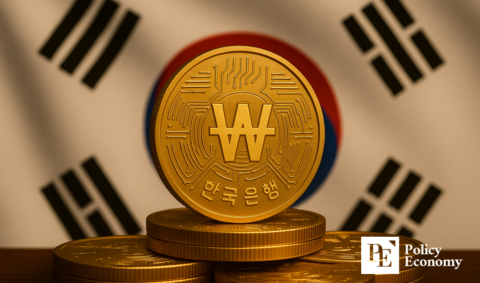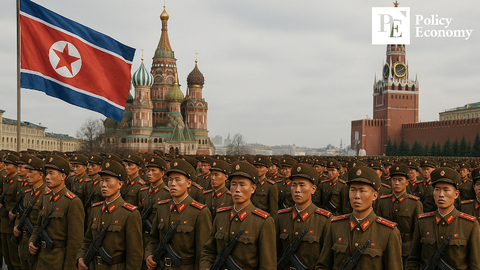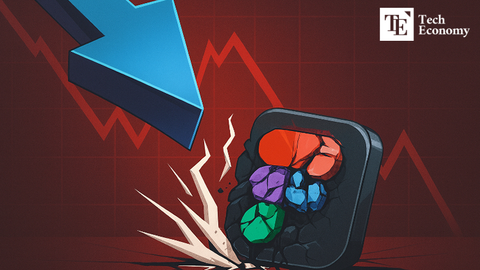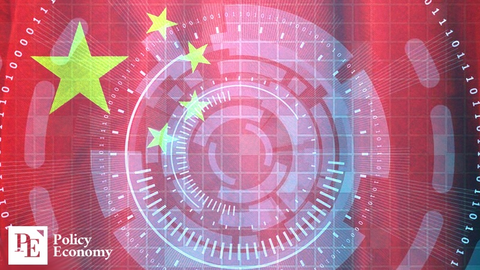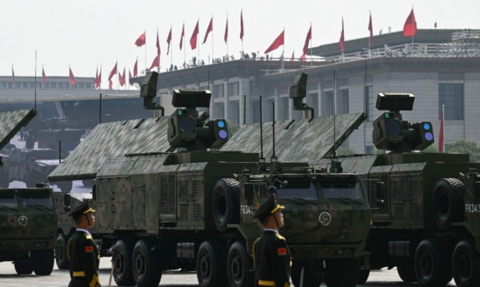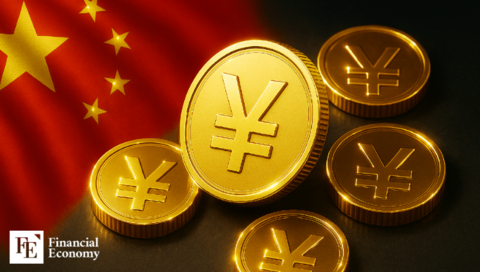TSMC and ASML, the "serial chip market conquerors" and "national security players"
Input
Changed
TSMC races ahead of competitors in foundry ‘Super supplier’ ASML yields a step before TSMC “If Taiwan is invaded, TSMC and ASML are the big concern” — their influence is overwhelming
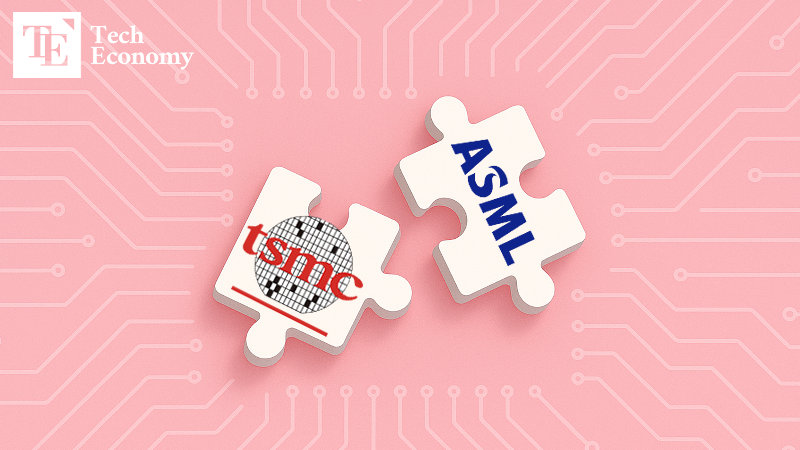
The global semiconductor market is being reshaped around Taiwan’s foundry company TSMC and the Netherlands’ semiconductor equipment maker ASML. With overwhelming market influence, these two companies dominate their respective sectors and increasingly affect national security.
TSMC’s Market Dominance
According to semiconductor industry sources on the 19th, the global semiconductor market shows intensified monopoly trends centered on TSMC and ASML. These two companies, wielding massive influence in the foundry and semiconductor equipment sectors, respectively, have established themselves as the “central pillars” of the supply chain.
TSMC holds a 61% share of the global foundry market and demonstrates overwhelming competitiveness especially in advanced 2-nanometer (nm) process technology. It is understood that TSMC has already secured major global clients for its 2nm process, including Nvidia, Qualcomm, Apple, AMD, Broadcom, and MediaTek. Mass production of TSMC’s 2nm semiconductor wafers is expected to begin in earnest in the second half of this year.
TSMC’s competitors, Samsung Electronics and Intel, have yet to stand out in advanced process technology. Samsung entered the 2nm competition using gate-all-around (GAA) transistor technology but still faces unstable yield rates and has not secured enough external customers. Recent reports indicate Samsung’s 2nm pilot production yield is between 30-50%, which is considerably lower than TSMC’s stable yield above 60%.
Intel has outlined a roadmap targeting 18A and 1.4nm nodes and plans to increase its capital expenditure to USD 12–14 billion in 2025, accelerating the rebuilding of its foundry business. However, Intel’s advanced manufacturing process maturity, yield, and cost efficiency are still several years behind TSMC.
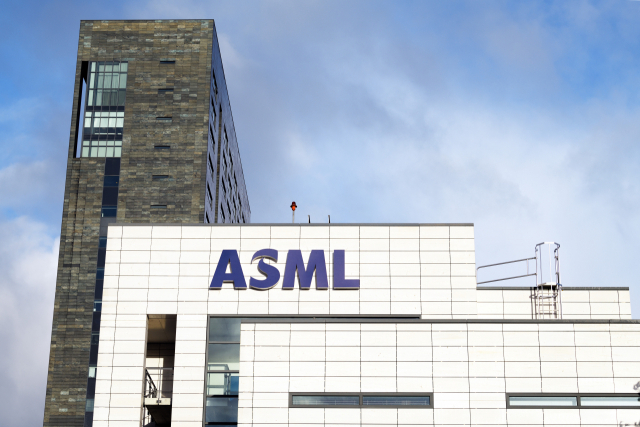
ASML Bows to TSMC
ASML, which leads the cutting-edge semiconductor market alongside TSMC, is the sole supplier of extreme ultraviolet (EUV) lithography equipment essential for processes below 7nm. It holds a monopoly with over 90% market share. Major foundry companies like TSMC, Intel, and Samsung must rely entirely on ASML’s equipment for advanced semiconductor production. This is why ASML was once called the “super subordinate” (‘super Eul’) in the semiconductor industry.
Notably, the power dynamic between ASML and TSMC reversed during the introduction of ASML’s High-NA EUV equipment. Commercialized in early last year, High-NA EUV is high-spec equipment specialized for sub-2nm semiconductor production. Initially, TSMC was reluctant to rush the adoption of High-NA EUV, but the atmosphere changed after TSMC Chairman Wei Zhejia visited Europe in June last year and held talks with ASML.
At that time, foreign media, including Taiwan’s Digitimes, reported that TSMC negotiated favorable conditions for semiconductor equipment supply and pricing with ASML. ASML actively lowered prices and pushed sales. An industry insider explained, “At present, TSMC is the only foundry company with the capacity to purchase High-NA EUV equipment continuously. Since demand is limited, the supplier ASML has no choice but to lower its stance.” Subsequently, in September 2024, TSMC purchased ASML’s first High-NA EUV equipment, the ‘EXE:5000.’
TSMC Emerges as a Key to Taiwan’s Security
Maintaining this cooperative relationship and market dominance, the two companies influence not only the semiconductor industry but also national security. According to a Bloomberg report in May last year, U.S. government officials unofficially expressed concerns to the Netherlands and Taiwan about “what might happen if China invades and occupies Taiwan, which produces about 90% of the world’s advanced semiconductors.” If China takes control of Taiwan’s semiconductor industry, particularly TSMC’s production facilities, world-class advanced semiconductor manufacturing capabilities could fall into Chinese hands.
In response, ASML conveyed that it could remotely disable the EUV equipment it supplied to TSMC in the event of a Chinese invasion of Taiwan. This demonstrated confidence that TSMC’s semiconductor manufacturing technology would not be leaked even if geopolitical risks arise. In a CNN interview in September 2023, then-TSMC Chairman Mark Liu stated, “No one can control TSMC by force,” adding, “Even if military aggression occurs and TSMC factories are seized, they will be unable to operate.”

